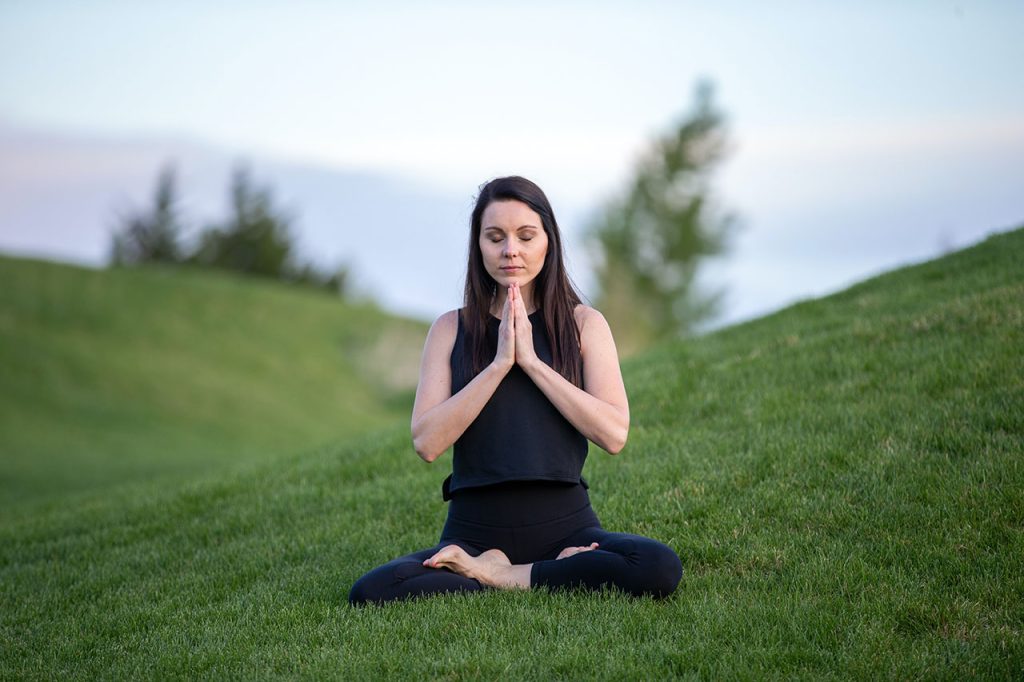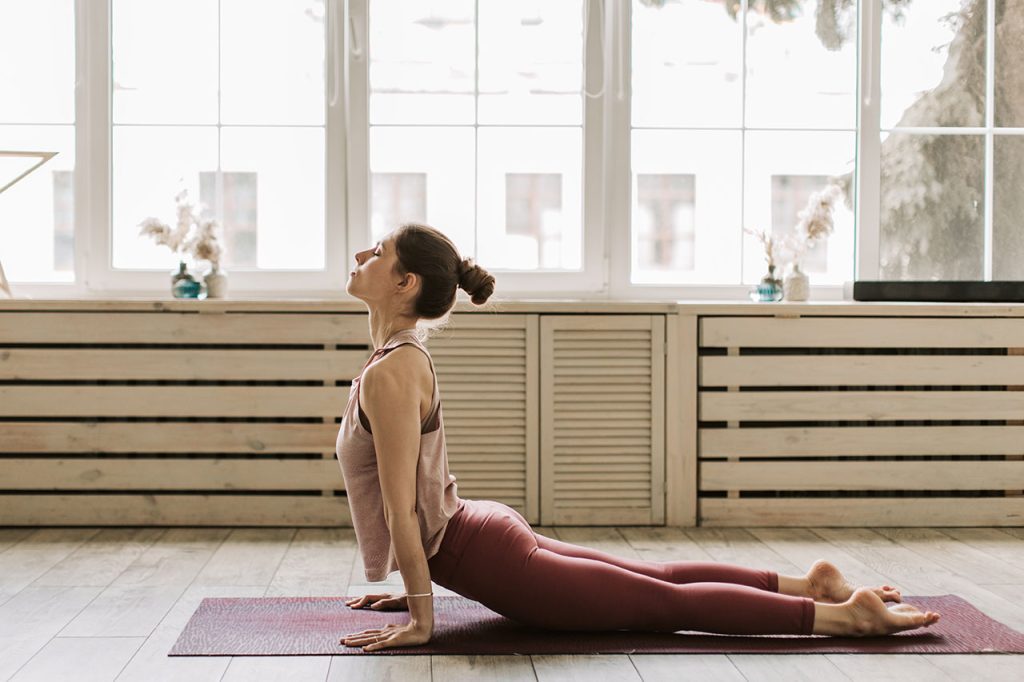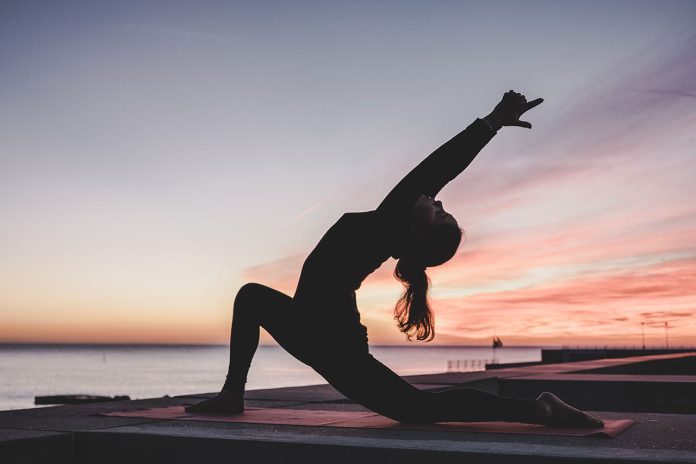Yoga is an ancient practice that can be done at any time of day. However, the time you choose to unroll your mat can significantly impact your energy levels, mental focus, and the benefits you receive. Determining the optimal time for your personal yoga practice involves understanding your body’s circadian rhythms, lifestyle factors, and individual needs. When is the best yoga practice time?
Table of Contents
You may also want to know: How to Start a Yoga Practice
Tuning Into Your Body’s Rhythms
Our bodies naturally move through cycles of wakefulness and rest over 24 hours due to our innate circadian clock. Hormones like cortisol and melatonin regulate energy and alertness levels at different times of the day. Our joints may feel more open later in the day as body temperature rises. Digestion also slows down while sleeping and peaks after meals when blood flow concentrates in the gut.
Paying attention to when you feel most energized, mentally sharp, focused, and flexible during your normal day can provide clues as to what time may work best for yoga. If you feel stiff in the mornings, the afternoon or evening may be better. If you feel drained at night, morning or midday could be more optimal.

The Yin & Yang of Bioenergetic Cycles
Traditional Chinese medicine describes chi or prana moving through energy pathways in the body in daily cycles of yin and yang. Yin correlates to nighttime, restorative energy, whereas yang represents daytime, stimulating energy.
Yin yoga involving gentle stretches and meditative poses may suit evening hours when the body is winding down. Yang sequences building internal heat align better with daytime hours. Cooling yin practices help in summer, while heating yang flows prevail in winter. Adjusting yoga time based on these bioenergetic cycles can enhance vitality.
Benefits of an Early Morning Yoga Practice
Many devoted yogis praise the spiritual and mental clarity that comes from practicing in the predawn hours. Some advantages of waking early for yoga include:
- Calm, quiet mind before the noise of the day
- The body feels rested and supple after sleeping
- A light meal from the previous night has been digested
- Subtle pranic energy concentrated in the morning
- Fresh, renewed feeling to start the day
- Uninterrupted time for presence and meditation
- Sets positive intent and headspace for the day

Pros of Evening Yoga
After busy work days, evening yoga helps people wind down and relax for sleep. Benefits of a nighttime yoga practice include:
- Centering and unwinding after a hectic day
- Releasing accumulated stress and mental busyness
- Soothing twists and stretches for tired muscles
- Preparing body and mind for restful sleep
- Slower, calmer yin energy as bedtime nears
- Enhanced breathwork to lower stress hormones
- Convenient timing for people with day jobs
- Dedicated self-care time before sleep
Afternoon Yoga Pick-Me-Ups
When midday energy lulls hit, a brisk yoga flow can provide a quick boost. Reasons to consider an afternoon yoga break include:
- Uplifting when energy crashes after lunch
- Stimulating movement and breathing
- Increased blood flow and oxygenation
- Relief from muscle stiffness after sitting
- Improved concentration when mental focus wavers
- Brief escape and reset from work stressors
- Increased productivity upon returning to tasks
- Avoidance of pre-bedtime restlessness
Determining Chronotype Preferences
Morning people may gravitate toward sunrise rituals, while night owls align better with evening unwinding. Take cues from when you naturally feel most alert and capable to find your optimal yoga time. Experiment with different times to determine which gives you the most energy and mental clarity during and after practice.

Incorporating Lifestyle Factors
Practical lifestyle considerations should also help guide your yoga schedule, such as:
- Existing daily commitments and constraints
- Periods when you most need an energy boost
- Demands of your work and family life
- Accounting for prep time and commuting
- Fasting requirements around meals if applicable
- Lower body injury risk when muscles are cold
- Adequate time for food digestion before practice
- Consistency with the routine you establish
Ideally aim to practice daily, even if briefly. But if sporadic, choose off-peak times to receive both energizing and relaxing benefits. While yoga supports any time of day, finding your optimal personal hours allows you to maximize vitality, mindfulness, and inner growth on the mat.
Related Links:
https://en.wikipedia.org/wiki/Yoga




